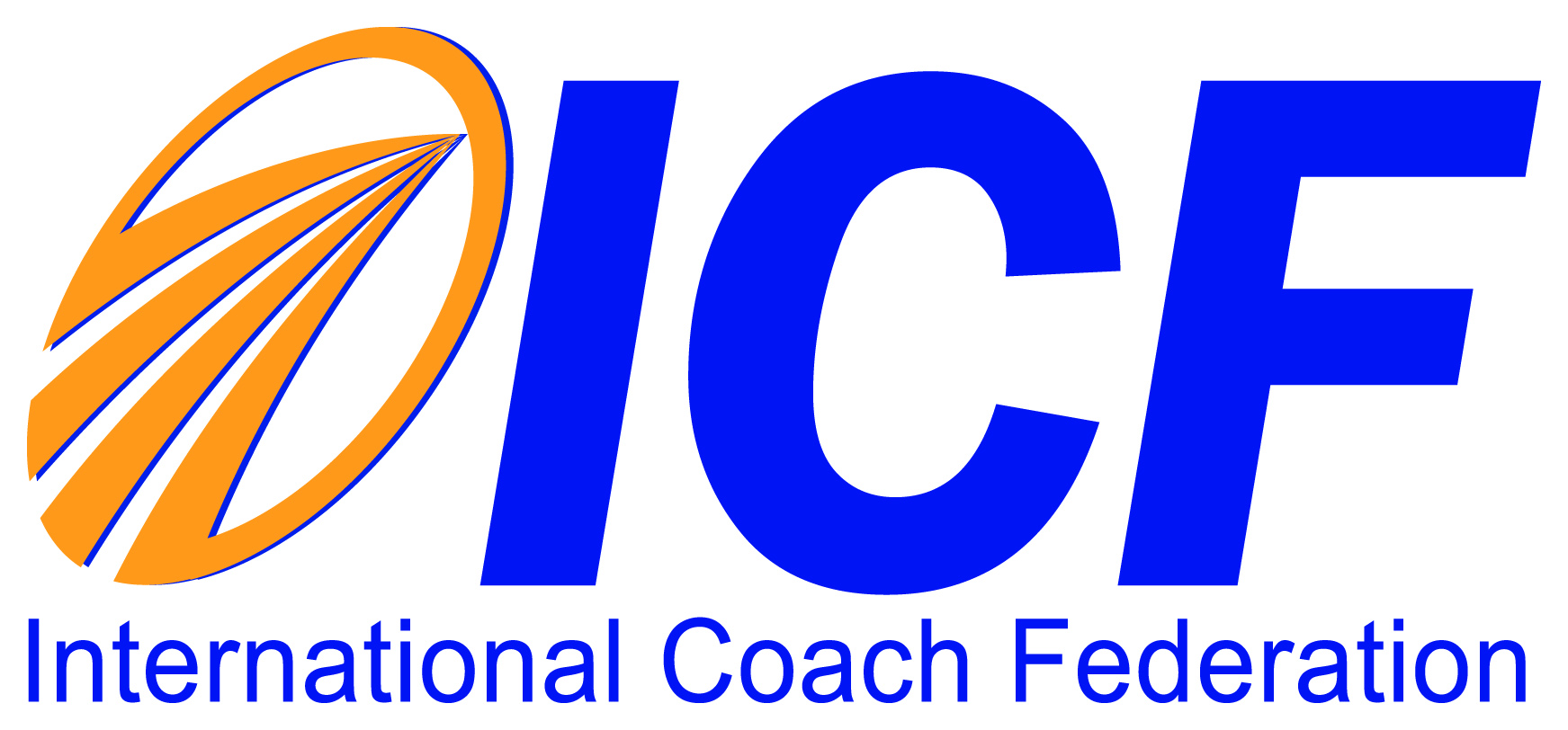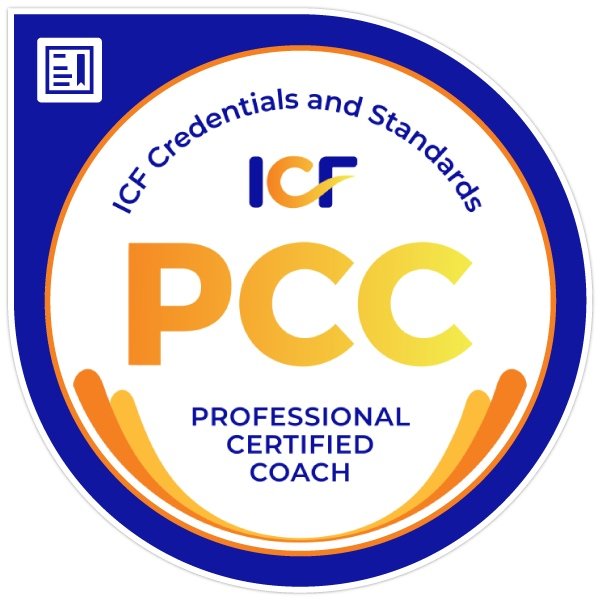The Benefits of Coaching
What's the value of coaching? Numerous studies have been conducted to assess the benefits, looking at both personal/behavioural impacts and financial return.
A comprehensive study of the the impact of executive coaching, authored by the U.S. coaching consultancy Manchester Inc in 2001, can be found here. This study found an overall return on investment (ROI) of 570% against the cost of the coaching, and also identified the following organisational benefits:
Productivity (reported by 53% of executives)
Quality (48%)
Organizational strength (48%)
Customer service (39%)
Reduced customer complaints (34%)
Retaining executives who received coaching (32%)
Cost reductions (23%)
Bottom-line profitability (22%)
Among the direct benefits to executives who received coaching were improved...
Working relationships with direct reports (reported by 77% of executives)
Working relationships with immediate supervisors (71%)
Teamwork (67%)
Working relationships with peers (63%)
Job satisfaction (61%)
Conflict reduction (52%)
Organizational commitment (44%)
Working relationships with clients (37%)
Another frequently quoted study - by M.C.Anderson of Metrix Global - provides a systematic assessment of an external coaching programme, in this case establishing an ROI of 529% (Anderson, M.C. (2001): "Case Study on Return on Investment of Executive Coaching”. Metrix Global LLC). For a summary follow the link here.
Prof Anthony Grant, an academic authority on coaching, argues that ROI is actually a rather limited measure of the impact of coaching and points instead to the numerous non-financial benefits including "increased workplace engagement, decreased stress, depression and anxiety, increased resilience and well-being, as well as goal attainment". You can find his 2012 article here.
A selection of other academic studies on the effectiveness of coaching (not available on the web) is as follows:
Arakawa, D., & Greenberg, M. (2007). Optimistic managers and their influence on productivity and employee engagement in a technology organisation: Implications for coaching psychologists. Coaching Psychology Review, 2(1), 78
Gyllensten, K., & Palmer, S. (2005). Can coaching reduce workplace stress: A quasiexperimental study. International Journal of Evidence Based Coaching and Mentoring, 3(2), 7585.
Grant, A.M., & Spence, G.B. (2010). Using coaching and positive psychology to promote a flourishing workforce: A model of goal-striving and mental health. In P.A. Linley, S. Harrington, & N. Page (Eds.), Oxford handbook of positive psychology and work (pp. 175188). Oxford: Oxford University Press.
Linley, P., Nielsen, K.M., Gillett, R., & Biswas-Diener, R. (2010). Using signature strengths in pursuit of goals: Effects on goal progress, need satisfaction, and well-being, and implications for coaching psychologists. International Coaching Psychology Review, 5(1), 615.
Employee Engagement
Common sense tells us that a more engaged employee will be more focused and productive in his or her role. To test this, in 2004 the U.S. Corporate Leadership Council (CLC) carried-out an international study of the impact of employee engagement on performance and staff retention. They gathered data from over 50,000 employees in 30 countries and within 14 different industries. The study concluded that "...Engagement is the key to performance and retention. Highly committed employees try 57 percent harder, perform 20 percent better, and are 87 percent less likely to leave than employees with low levels of commitment". Furthermore, "...Employees try (or don't try) as a result of emotional commitment, not rational commitment". Once talented staff have been recruited, increasing compensation has much less of an impact on performance than non-financial factors designed to create engagement.
CLC found large variations in the overall level of personal engagement recorded for different organisations. Higher overall engagement was strongly correlated with successful business performance. You can find a summary of the CLC study and its findings here.
Leadership
Are great leaders born or made? Does leadership depend on the possession of certain traits, such as intelligence, extraversion, self-confidence, conscientiousness and organisation? And if it does, can some or all of these traits be developed or enhanced through training and experience? Are leaders who focus on task-efficiency and results the most likely to succeed, or is it those who prioritise supporting their people? Are the best leaders autocrats, or is a democratic or laissez-faire style preferable? Or is great leadership situational and adaptable, depending on the particular circumstances within which the leader is operating? And what about newly-emerging models of personal leadership - where the old icon of the “out-front hero” is wrenched-out of the frame, to be replaced by leadership as “taking responsibility” whatever your place in the organisation?
You'll find all of these questions, and doubtless hundreds more, if you dive into the vast ocean of material on leadership development. In such a complex field it can be facile to look for all-embracing answers, and any model of leadership needs to be flexible, subtle and multi-faceted. For me a good starting-point is the integrated psychological theory presented by James Scouller in his 2011 text "Three Levels of Leadership: How to develop your Leadership Presence, Knowhow and Skill". Based on a long career as an executive coach, Scouller identifies the importance of what he calls "Personal Leadership", and the sense of "Presence" which an authentic leader generates. Creating presence means developing your unique "personal leadership" qualities through self-development.
Many business training programmes now incorporate authentic leadership - see for example Aberdeen University's "The Authentic Leadership Guide" which gives an outline of the approach used in their MBA programme.
A recent book from two of the founders of CTI - Karen and Henry Kimsey-House -"Co-Active Leadership - Five Ways to Lead"- starts with authenticity (“leadership from within”) and expands into a multi-dimensional approach. Whilst acknowledging that in some circumstances you may contribute most by “leading from the front”, the authors point to three other - and equally effective - ways in which you may practice leadership (leading from beside, from behind and from the field). The mode you choose to adopt is determined by the prevailing situation and what it requires of you, always delivered in the context of your own authentic “leading from within” style.
There's a substantial literature on "servant leadership", which emphasises the responsibility of leaders as developers of people, and of their organisations as contributors to society. The seminal work for this is Robert K. Greenleaf's essay "The Servant as Leader", which now finds a focus on the Greenleaf website. Whilst Robert Greenleaf covers the philosophical and conceptual high ground, James Autry makes a passionate (and often opinionated) practical case for servant leadership in his book "The Servant Leader", which is illustrated with numerous real-life examples.
For a more Machiavellian take on leadership qualities take a look at some of the work of Jeffrey Pfeffer, such as: "LeadershipBS - Fixing Workplaces and Careers One Truth at a Time" (Harper Business 2015, 259pp), and "Power - Why some people have it - and others don't" (Harper Business 2010, 273pp). There's an implied challenge here about how to reconcile the political manoeuvring and power-games which prevail in many organisations with leadership based on personal values.
The CTI Leadership Programme
The Coaches Training Institute runs an international leadership development programme (The Co-Active Leadership Programme), with an explicit emphasis on the development of personal presence. The training commences with work on self-awareness and understanding of individual life purpose, building upon this to develop a fully-realised and "intention-based" model of leadership. A 2013 publication - "The Stake - the making of leaders" by Henry Kimsey-House and David Skibbens - gives an insight into much of the thinking behind the CTI Leadership Programme. You can find practical details on the training here. As a graduate of this programme I can testify to its' powerful personal impact.
Mindfulness
The last five years has seen a growing uptake of mindfulness practice by organisations in government, business and education, with a view to harnessing benefits such as lowered stress, enhanced presence and focus, and improved decision-making.
One of the pioneers of mindfulness in the west is Jon Kabat-Zinn, who offers in-depth mindfulness training courses, in particular for those living with chronic illness or other difficult life circumstances. His "Full Catastrophe Living - How to cope with stress, pain and illness using mindfulness meditation" includes guidelines for a comprehensive personal mindfulness programme.
Perhaps the best-known European exponent of mindfulness is Eckhart Tolle, who has written a series of books on the practice (see for example "The Power of Now" and "Practising the Power of Now"). Tolle also has some engaging online material, such as this TV interview with Oprah Winfrey.
Personal Typology
Personal typology, or personality profiling, can be a valuable self-awareness tool in coaching, and is now commonly in use by organisations for management training and team development. Probably the best known systems are based on the pioneering work of C.G.Jung: the Jungian Type Index (JTI - popular in Scandinavia), or its counterpart the Myers-Briggs Type Index (MBTI). Both use a system based on four dimensions of personality, starting with the Introvert-Extravert dichotomy.
There are some great insights into personality profiling, and introversion-extraversion, in this 2016 TED Talk by Prof. Brian Little of Cambridge University entitled "Are human beings just a collection of traits?". Brian Little is a self-confessed extreme introvert who is nevertheless a highly engaging communicator.
If you're interested in delving deeper, particularly into the introvert perspective, take a look at Susan Cain's 2013 well-researched best seller "Quiet - the Power of Introverts in a world that can't stop talking". You'll also find some useful insights in "The Introvert Advantage" by Marti Olsen Laney (2002).
Coaching and Therapy
Coaching and therapy are not the same thing and it's important to be aware of the boundary between them. A coach and a psychotherapist will typically have a different training background and different competencies. To generalise, therapy addresses some form of "pathology" which requires fixing, often by revisiting and reprocessing a previous trauma. In coaching, by contrast, we look forward to possibility and potential. We work to bring about transformational change by supporting the client as he or she treads a purposefully chosen path into the future. As a result, the dynamic or "energy" in coaching is very different to that which you might experience in therapy.
As a coach it's important to be able to recognise when a client is in a situation which actually requires therapy. In this case a good outcome may be to agree a strategy with the coachee, and to help him or her seek out the appropriate therapeutic support. In some circumstances it can viable for a coach and a therapist to work together with the same client, to deliver the best possible outcome.
The International Coach Federation has produced a detailed white paper entitled “Referring a Client to Therapy - A Set of Guidelines” . This includes some useful insights into the differences between the “medical” and “dimensional” approaches to mental health.
If you wish to look deeper still, this article in published in the Consulting Psychology Journal in 2001 describes an empirical study of the differences based on the views of coaching and therapy practitioners. Whilst the comments about regulation and accreditation of coaches in the article are now outdated, the core study itself remains highly relevant.
Origins of Coaching
Coaching as we know it today can be traced back to the humanistic psychology movement established in the mid-twentieth century by the American psychologists Carl Rogers (1902-87) and Abraham Maslow (1908-70). The humanistic school laid emphasis on "healthy" and "normal" psychology in contrast to the focus on pathological states which had prevailed hitherto. Among their most influential works are "On Becoming a Person: A Therapist's View of Psychotherapy" (Rogers 1961) and "Toward a Psychology of Being" (Maslow, 1962).
The movement gained fresh impetus in the late-1990's when Martin Seligman, then president of the American Psychological Association, stepped-up as a champion of "positive psychology", notably through the publication of his text "Authentic Happiness" in 2002. Positive psychology now boasts its own association (the International Positive Psychology Association (IPPA)), international conferences, a World Congress and numerous university training and research programmes.
Mainstream coaching engages with the scientific findings of positive psychology and develops them into forms of practice, thereby helping to deliver proven benefits to the wider world.
Co-Active Coaching
"Co-Active Coaching", the foundation of my own coach training, was established in California in the 1990's by Karen Kimsey-House, Laura Whitworth and Henry Kimsey-House. The related training establishment "The Coaches Training Institute" is one of the earliest recognised schools, and now claims to have trained over 50,000 coaches, consultants and managers.
For an introduction to Co-Active coaching, see the text "Co-Active Coaching - Changing Business, Transforming Lives" (web link here).
You can learn more about CTI and their training programmes here.
INSPIRATIONS
ON COACHING…
“People come to coaching for lots of individual reasons. They are motivated to achieve specific goals: to write a book, to start a business, to have a healthier body. They come to coaching in order to be more effective or more satisfied at work. They hire a coach because they want to create more order or balance in their lives. Sometimes people want more from life - more peace of mind, more simplicity, more joy - and sometimes they want less - less confusion, less stress, less financial pressure. In general they come to coaching because they want a better quality of life: more fulfilment, better balance, or a different way to accomplish their life’s desires.
— Karen Kimsey-House, co-author "Co-Active Coaching"
ON LIFE PURPOSE…
“I am very fond of (Shakespeare’s) Hamlet, I just love the place he gets to in act five. That exquisite movement into the centre of his being, an acceptance of his fate, good or bad, even though it potentially means his death. The readiness to serve your particular fate is such a mysterious thing, like there’s this diamond or this deep subterranean river inside you which you are searching for. When you feel connected to it, boy you know exactly.”
— Mark Rylance (British actor in film, TV and theatre), interview for The Telegraph, January 9th 2015: “Acting was my fate”.
ON LIFE PURPOSE…
““For success, like happiness, cannot be pursued; it must ensue, and it only does so as the unintended side-effect of one's personal dedication to a cause greater than oneself……you have to let it happen by not caring about it.”
―Viktor E. Frankl, Man’s Search for Meaning
ON CREATIVITY…
“Learn the rules like a pro, so you can break them like an artist.”
— Pablo Picasso





